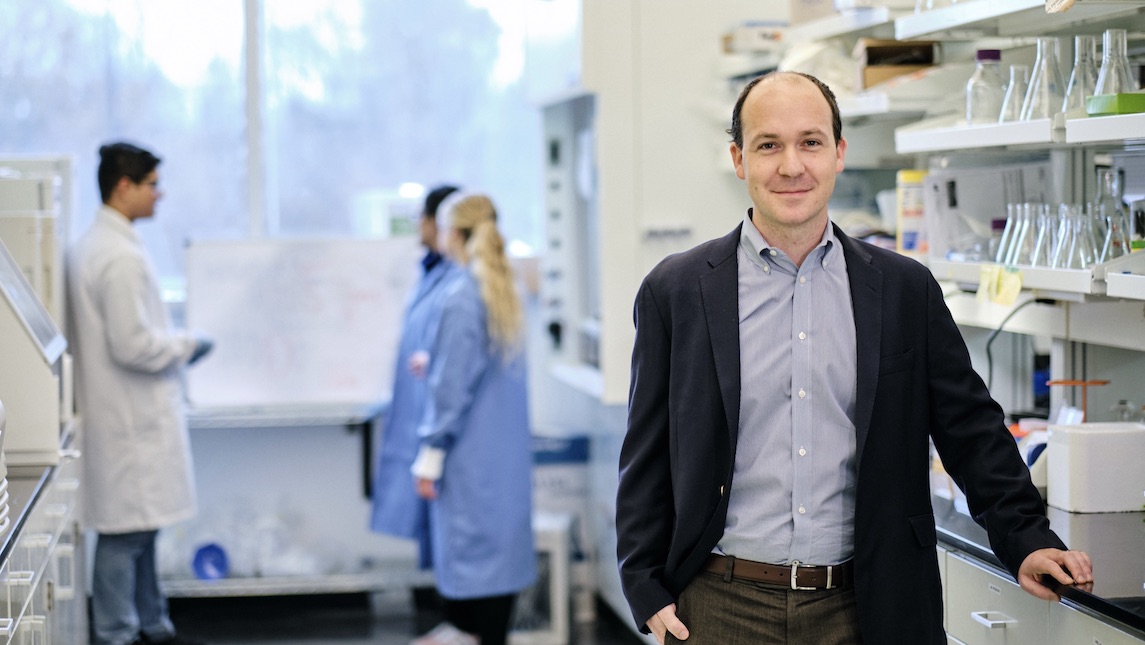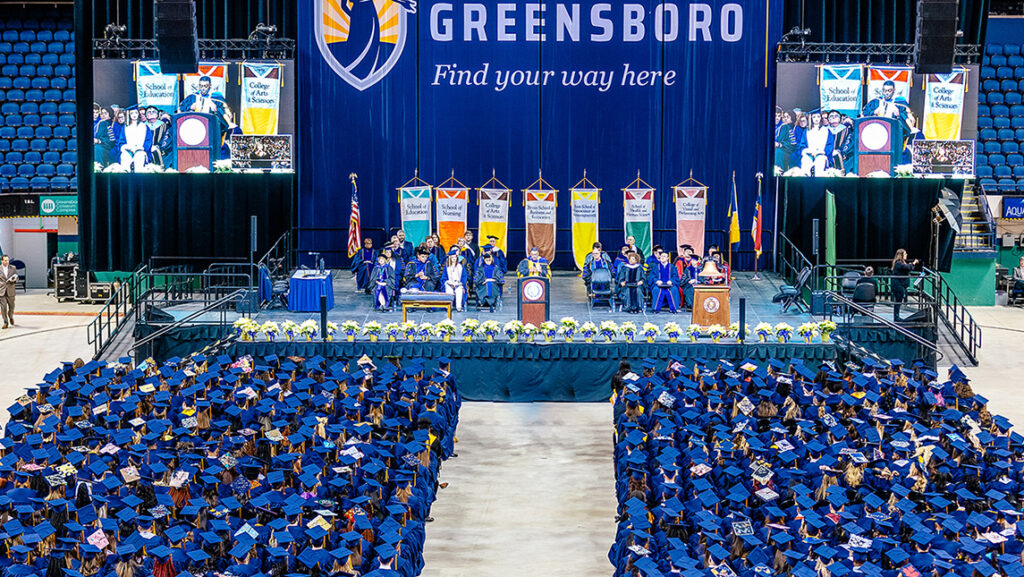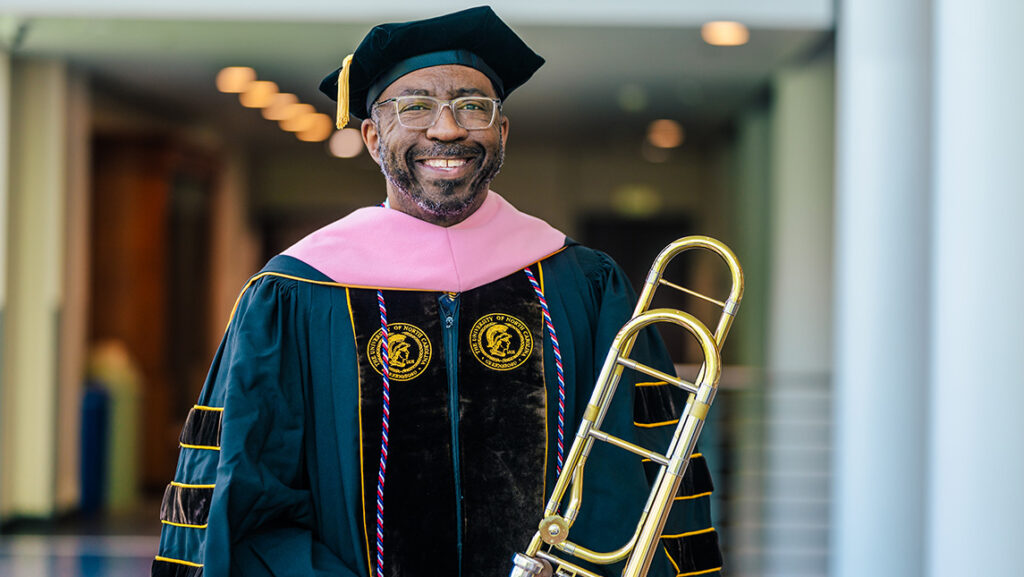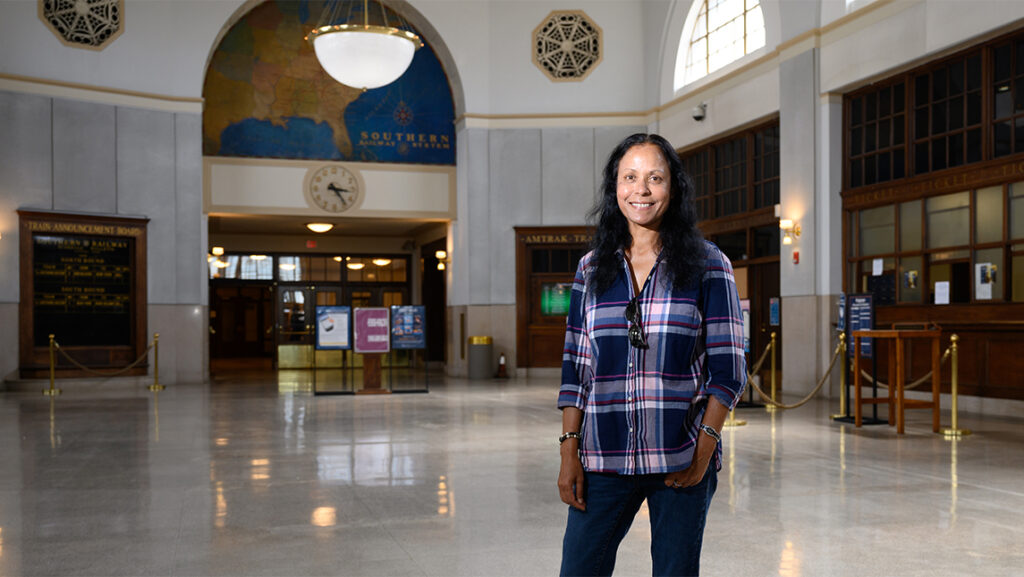The burgeoning fields of nanoscale biotechnology, biomanufacturing, and biomedicine will be front and center when 100 U.S. nanoscience and nanoengineering experts come together in early December. Behind the scenes, a UNC Greensboro faculty member is playing a crucial role.
Dr. Eric Josephs chairs the academic organizing committee for the 2023 NSF Nanoscale Science and Engineering Grantees Conference to be held Dec. 7 and 8 in Alexandria, Virginia.
Nanotechnology is helping to improve a wide range of sectors, from information technology to medicine to environmental science, and the conference brings attention to research areas ripe for funding.
Josephs is an assistant professor of nanoscience with the Joint School of Nanoscience and Nanoengineering, a partnership of UNCG and North Carolina A&T State University. He won a $160,000 grant to guide the development of a compelling conference that pushes the frontiers of nanoscale science and engineering.
The conference’s theme this year is his specialty: nanobiology.
Conference participants will include those at NSF who make decisions on funding leading edge science and engineering studies at the nano level and researchers in academia and industry who have received such funding.
Connecting With Progress, Trends, and Breakthroughs
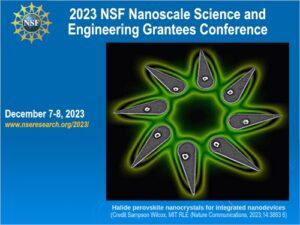
The conference combines keynote presentations, panels, and posters with program information sessions, discussions of research trends, and more. Conference goers can expect to learn more about breakthroughs with broad relevance and news of the latest research, education, and innovation in nanobiology.
Co-chairing the academic committee are JSNN’s Dr. Dan Herr, Dr. Mark Tuominen of the University of Massachusetts-Amherst, and Dr. Rebecca Taylor of Carnegie Mellon University. NSF officials who helped organize the conference were Dr. Nora Savage of the Division of Chemical, Bioengineering, Environmental, and Transport Systems; Dr. Mike Roco, senior advisor for science and engineering; and Dr. Khershed Cooper of the Division of Civil, Mechanical and Manufacturing Innovation.
The committee’s work was instrumental in creating a conference that could influence the future of NSF funding in nanoscience and nanoengineering. The NSF is a key player in the National Nanotechnology Initiative, a partnership of agencies working to create a shared vision of a future in which the ability to understand and control matter at the nanoscale leads to revolutions in technology and industry.
As Joseph says, “The organizing committee identified key themes in nanoscale biology and how the NSF could support that research and identified key NSF program officers who would know about those areas and who the leading researchers are.”
Those researchers then planned individual sessions pertaining to their areas of expertise. “They’ve invited a set of three or four panelists who are leaders in the field — people who have some affiliation with NSF, typically it’s been current or former NSF funding — to discuss not just their research but broadly where they think the field is going and what the important trends are,” Josephs says.
A Deep Look at Overlooked Plants, Ag Systems
Josephs was tapped to lead the organizing committee by his colleague Herr, who has served as academic chair of the conference in years past. Herr recommended Josephs because Josephs’ expertise in molecular biotechnologies and biophysics ties directly to this year’s conference theme.
Josephs studies a broad range of systems, including plants, viruses, and different bacteria, with the goal of improving medicine, agriculture, and associated sciences. Specifically, Josephs’ research aims to make personalized gene therapy safer and find faster ways of improving crops without using genetically modified organisms.
Josephs is particularly excited about the conference’s focus on plants and agricultural systems, which he says can be overlooked in nanoscience and nanotechnology.
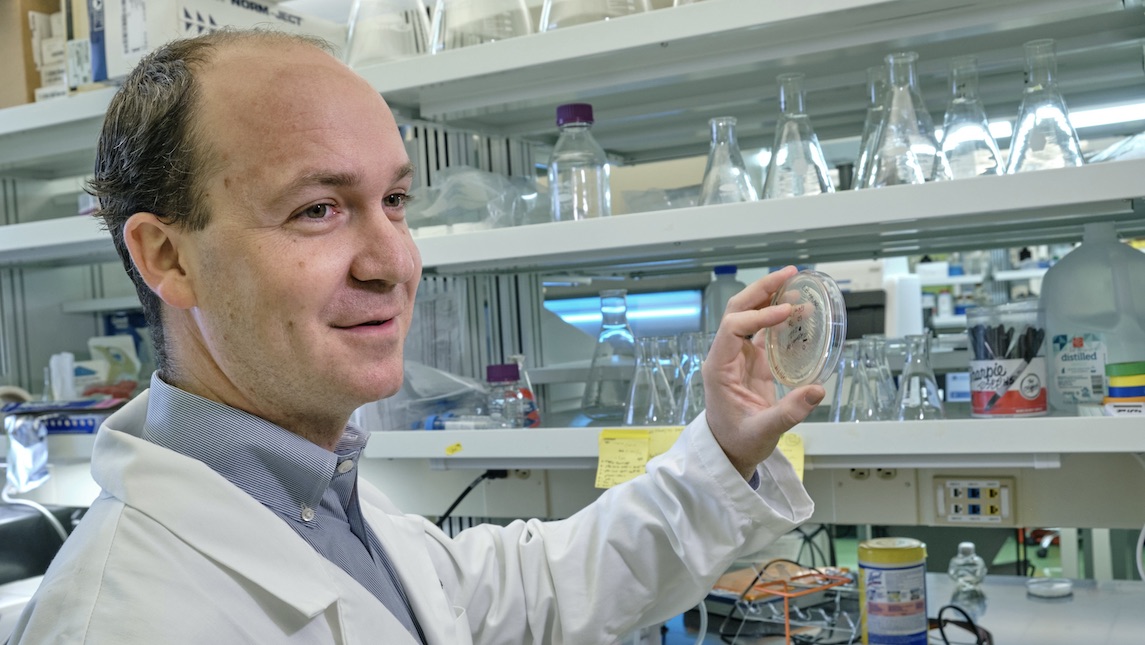
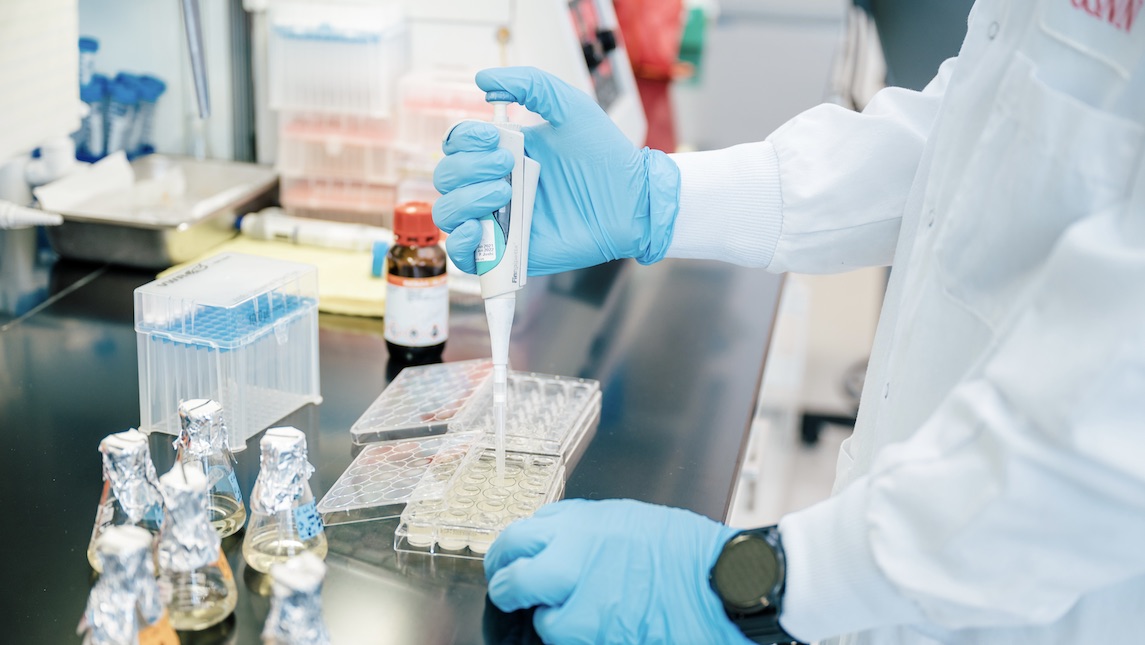
Live (Streamed) and In Person
This year marks the 20-plus-year-old conference’s return to an in-person setting. During the COVID-19 pandemic, the conference was held virtually. Josephs says there’s been considerable excitement about this year’s event because it will be available both online and on site. Most participants are expected to attend in person.
“We have a lot of really good sessions with important people across all aspects of biology, and I am excited to hear thoughts on what the NSF should prioritize in the future,” Josephs says. “Every session should be very interesting. Everyone there will have something to excite them.”
Story by Dee Shore, AMBCopy
Photography by Sean Norona, University Communications
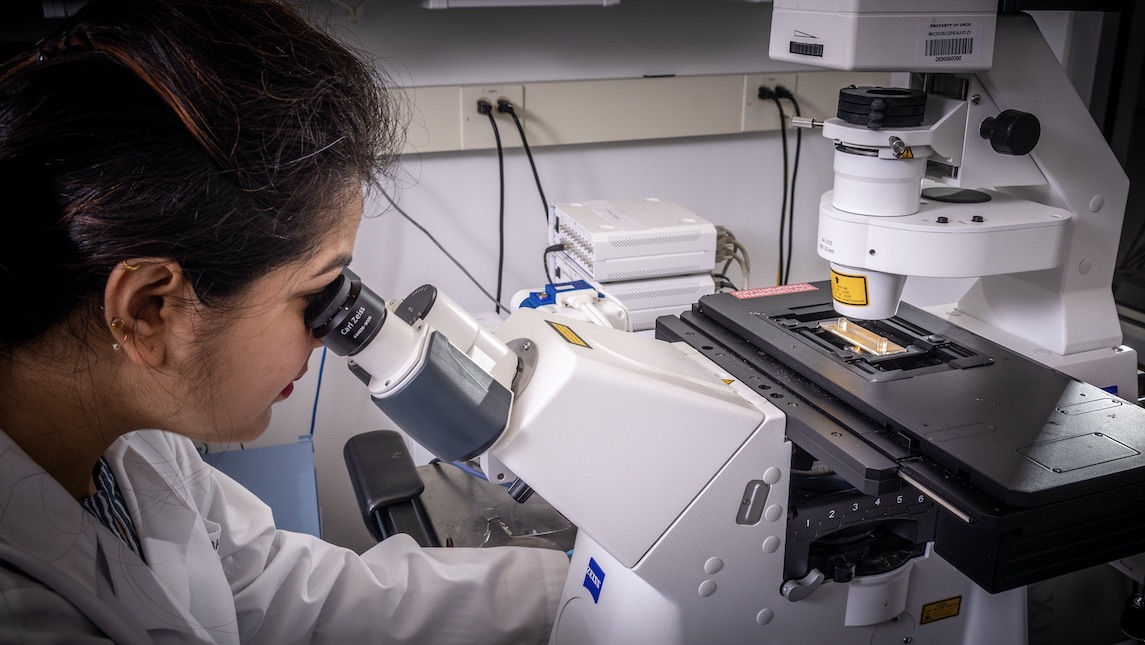
Explore the Nanoworld at JSNN
